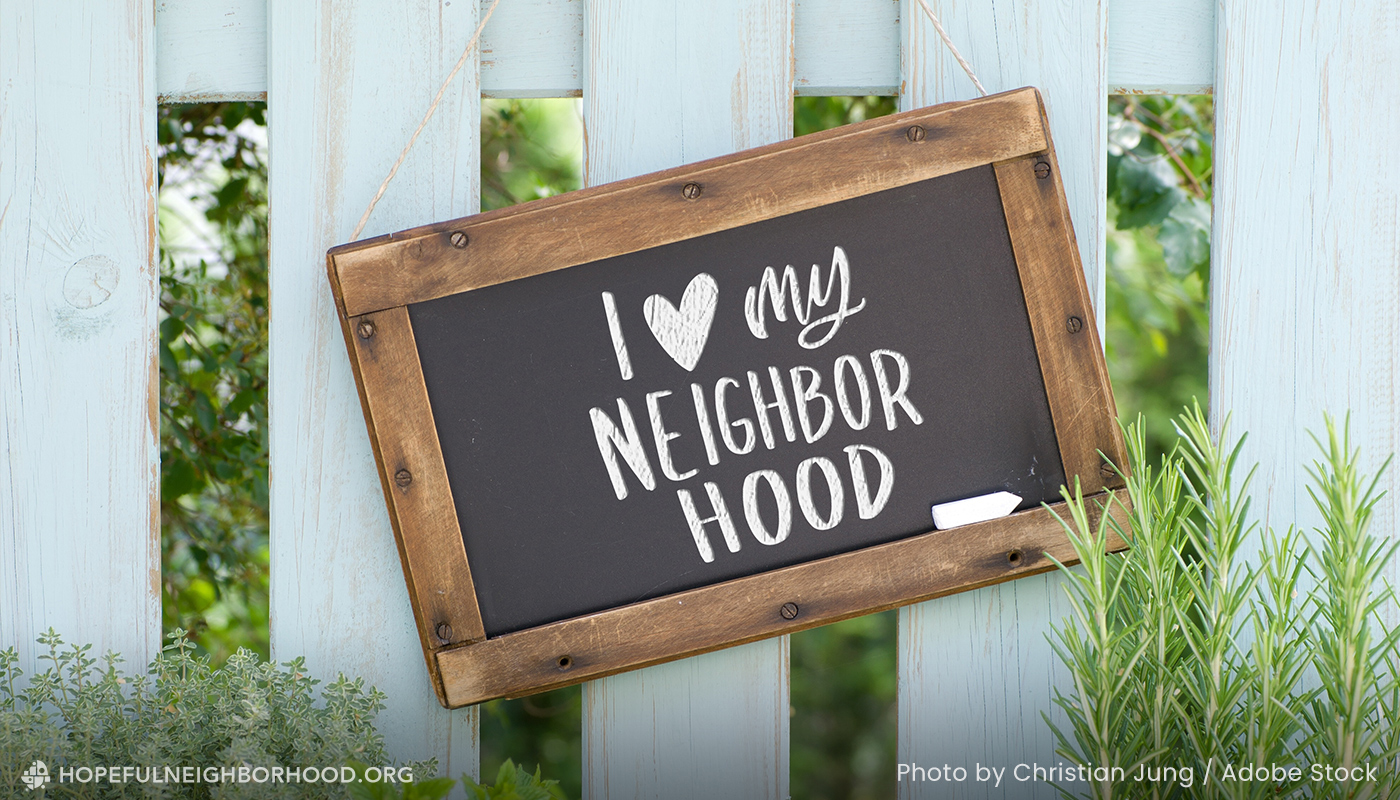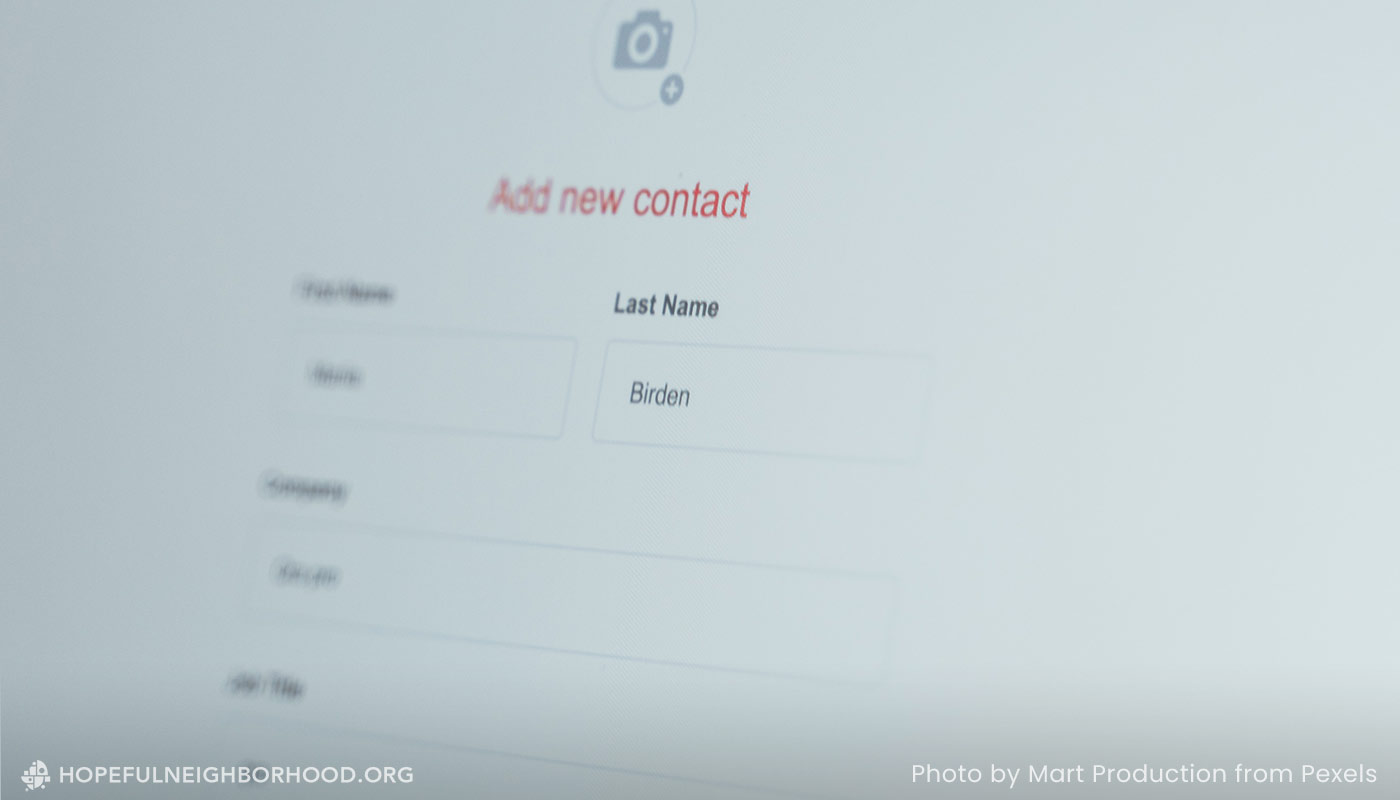Probably since the rise of HGTV, hospitality has become synonymous with “entertaining,” or impressing, guests in our homes. But hospitality has very little to do with showing off a home and party-planning skills. Hospitality has everything to do with making every guest feel cared for and welcomed, just as they are.
Connection is the most important part of hospitality. As hosts, we often sacrifice connection when we feel we can’t pull ourselves or our homes together enough to be shared with others. But as a guest, have you ever felt relieved to see your host doesn’t have it all together any more than you do? Sometimes we put too much pressure on ourselves to be perfect before we invite others in.
Maybe there’s a place for simple, honest, no-frills hospitality for the sake of connection. Connection with others is too important to give up while we chase perfection. If we wait for perfection, we’ll never connect. As they say, “perfect is the opposite of done.” Hosts who care about building relationships prioritize connection over perfection.
So what does it look like to share hospitality with others when you literally can’t even? How do we create a welcoming atmosphere in our home without the fuss? There are a few steps neighbors can take before guests stop by. These can make the whole hospitality experience easy and comfortable for hosts and guests alike; it also keeps the priority on building relationships.
Whether you invite a few guests over for a planned visit, or they just stop by unannounced, it doesn’t take a lot to make for a really enjoyable time of connection. Guests just need someplace to sit, something to sip, maybe something to nibble, and someone to set limits.
Someplace to sit: when it comes to having guests over, it is absolutely acceptable to just shove the clutter in a closet to deal with later. Permission granted. The space doesn’t have to be perfect, just comfortable. Instead of inspecting the dust on your baseboards, just make a seat available for each of your guests. Hospitality is more about the comfort of your guests than being an evaluation of your housekeeping skills. Your guests are not here to check the inside of your microwave. They are here to see you and enjoy your company.
Something to sip: having visitors over does not mean you must personally prepare a fancy meal to present on your finest tableware. The priority is on connection, which is easier if your guests are comfortable. A hot cup of coffee, or even just a fresh glass of water—whatever you happen to have on hand—will do the job.
Something to nibble: feeding your guests isn’t necessary for short visits, but if the conversation is rich and calls for a longer visit, it’s great to pull out a bag of snacks from the cupboard. Pour something like almonds or pretzels in a bowl to make them easy to share. Just be sure to check for allergies. Or if you’re all feeling a bit hungrier than that—but not in the mood to cook—ask your guest for their order from your favorite place to get take-out. They’ll be just as relieved as you are for some casual time for connection. It takes the pressure off of everyone.
Someone to set limits: sometimes it’s not the food or furniture that keeps us from hosting, but more the feeling of invasion into our time and physical space. If you fear a visit will end up lasting much longer than you’re comfortable with, plan a visit with very specific start and stop times. When you indicate beforehand that you have to be on your way by a certain time, you can keep the visit to a more manageable length. Even a short visit is better than no visit at all.
It’s equally important to set boundaries on your physical space. Guests can stay in the more public spaces of your home like the living room or the kitchen, while bedrooms are kept private. Or you can even start sharing hospitality by simply having people over to visit out in the front yard or on the stoop. Setting limits for your guests makes hospitality safer for you and your guests.
All four of these simple steps can make sharing hospitality more doable for hosts and less stressful for guests. When hospitality is more manageable, it can happen more often. Keep first things first: connection over perfection. There’s no substitute for living in a hopeful neighborhood of rich, meaningful relationships.







0 Comments